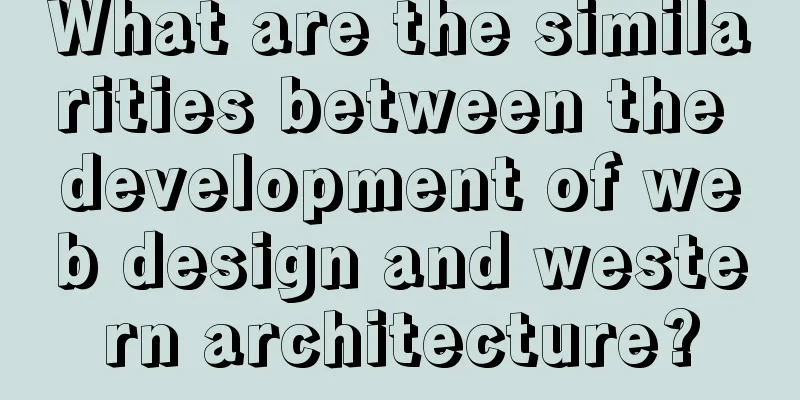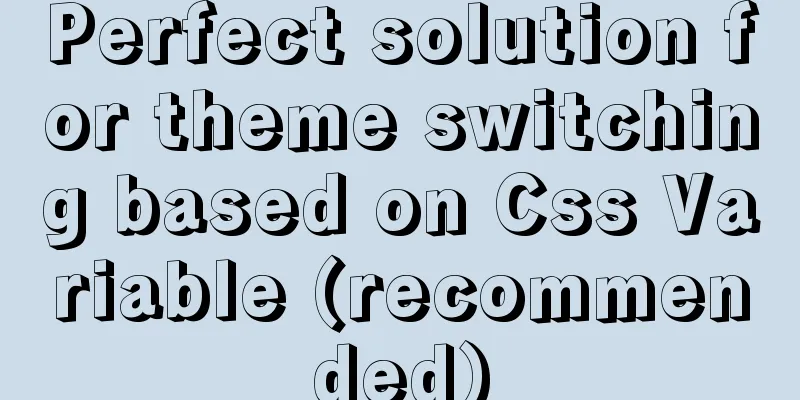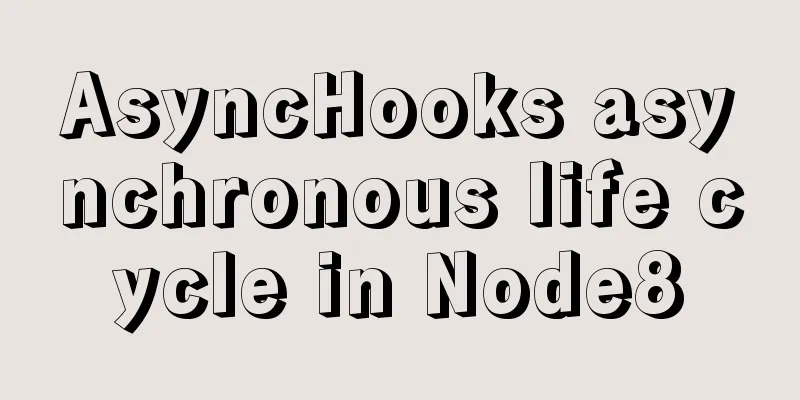What are the similarities between the development of web design and western architecture?

|
History always repeats itself surprisingly well. Western architecture and web design are both a combination of engineering and art. The similarities between their development history are inseparable from the following four factors: Provides a place for users They all use engineering to build them The advancement of science and technology is their development bottleneck Nevertheless, they are still a form of art. With these settings in mind, you can clearly see that architecture and web design have developed along very similar paths. So if you want to know where web design is going, look no further than past architecture. 1. Neolithic Age - Simple and Limited Structures  At this stage, it's a feat to just build anything at all, and aside from variables like size and position, there aren't really any fancy tricks. 2. Classicism: Order and appropriate decoration  Classical architecture places great emphasis on proportion and hierarchy, with clear layers and each part having different functions. The materials and medium (stone/pixels) follow the old style: patterned stone replaces the traditional wooden beams of the early days, and on the web, 3D and skeuomorphic buttons represent physical keys. 3. Romanesque architecture: heavy and rounded  Roman architecture began to use soft edges and thick walls and partitions, which is exactly the style of menus and buttons in web design in the late 90s: thick and easy to click. 4. Gothic style: gorgeous and charming  The beautiful stained glass on the buildings is reflected in the web design, which is CSS and Flash. The use of materials and styles began to break through traditional limitations, and web design began to have unlimited possibilities. Gothic architecture gave stone a breathtaking beauty that made everyone who stood in front of it hold their breath. Web pages from this period also have similar characteristics. Although it is difficult to remember their details, you will never forget the unique beauty of the complex style at that time. 5. Renaissance: Simplicity, Clarity, and Precision  The architecture of the Renaissance corresponds exactly to our current stage. The return of “flat design” bears striking similarities to the Renaissance. During the Renaissance, complex architectural styles were replaced by the orderly classical style. Simple expressions are once again becoming mainstream, and people are beginning to accept this new rule. At this point, we might as well use the development of architecture to predict the future development direction of web design. 6. Baroque: The distortion of rules  After being constrained by rules for so long, people are beginning to be keen on breaking boundaries and rules. In the field of architecture, people began to break down the elements of classicism and adjust them into more complex forms. The architecture of this stage was more emotional and dramatic. So what impact does it have on web design? Maybe we will know it one day. 7. Neoclassicism: Connected to the Past  Design is like this, it goes on and on. When design develops to a certain stage, it will naturally beautify the original classical style, and it is only a matter of time before it becomes retro again. The old Yahoo website may not look fancy now, but it may look completely different in a few years. 8. The more distant future - who knows? Next, architectural development may encounter neo-Romanesque or neo-Gothic, which are also new wine in old bottles, and they will return again with the blessing of technology. Of course, these are just possibilities. Who knows about the future? |
<<: Some summary of html to pdf conversion cases (multiple pictures recommended)
>>: Detailed explanation of lazy loading and preloading of webpack
Recommend
Book page turning effects made with CSS3
Result:Implementation code: html <!-- Please h...
25 Examples of Using Circular Elements in Web Design
Today, this post lists some great examples of circ...
Methods and problems encountered in installing mariadb in centos under mysql
Delete the previously installed mariadb 1. Use rp...
The whole process of installing mysql5.7.22 under ARM64 architecture
MySQL download address: https://obs.cn-north-4.my...
How to use sed command to efficiently delete specific lines of a file
Preface Normally, if we want to delete certain li...
Summary of five commands to check swap space in Linux
Preface Two types of swap space can be created un...
Three ways to use CSS inline styles, embedded styles, and external reference styles
A simple example of how to use the three methods ...
HTML 5 Preview
<br />Original: http://www.alistapart.com/ar...
Vue element implements table adding, deleting and modifying data
This article shares the specific code of vue elem...
Vue-cli framework implements timer application
Technical Background This application uses the vu...
Design Theory: Text Legibility and Readability
<br />Not long ago, due to business needs, I...
Drawing fireworks effect of 2021 based on JS with source code download
This work uses the knowledge of front-end develop...
Implementation of Docker private library
Installing and deploying a private Docker Registr...
How to change the encoding to utf-8 in mysql version 5.7 under windows
Preface I just started learning MySQL and downloa...
React passes parameters in several ways
Table of contents Passing parameters between pare...









